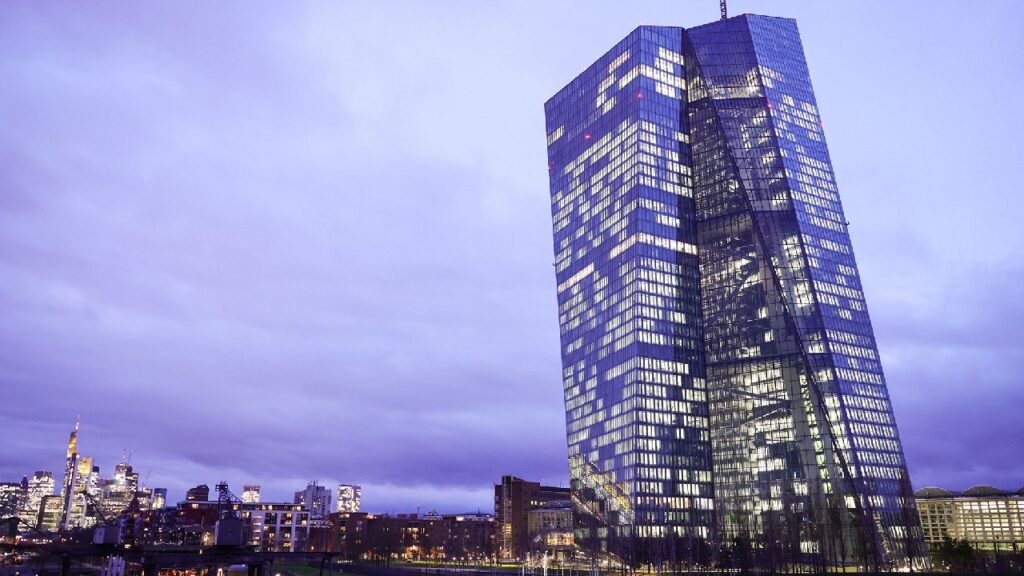World
EC Bank Slows Interest Rate Hike Amid Inflation Fight
The European Central Bank (EC Bank) slowed the pace of its interest-rate increases but conveyed it is not ready to suspend its campaign against high inflation. This divergence from the Federal Reserve was announced in Frankfurt. In its statement, the ECB declared that it would increase its key rate to 3.25%, which is a nearly 15-year high. Although it was the smallest increase since last July, it’s a clear indication that the bank is committed to fighting inflation.
The EC Bank also stated that it would reduce its bond holdings at a faster pace from July. This move is likely to hurt both economic growth and inflation. The ECB is expected to continue raising rates over the coming months, in contrast to investors who anticipate interest-rate cuts from the Fed. The divergence between the two central banks has impacted financial markets, driving the euro to its highest level against the dollar in over a year.
EC Bank President Christine Lagarde stated that the decision to slow the pace of rate increases was “based on the understanding that we have more ground to cover and we are not pausing.” Ms. Lagarde explained that they concluded that the inflation outlook is too high and has been so for too long. Some officials at the policy meeting even suggested a larger half-point rate increase. Although the ECB began raising rates later than the Fed, analysts suggest that the EC Bank is probably closer to the end of its interest-rate cycle than Ms. Lagarde suggested.
Get The New York Times and Barron’s News 3-Year Digital Subscription for $129
Investors responded to the decision by lowering their expectations for future ECB interest rate increases, and the euro fell 0.5% to $1.1003. This signaled that investors see a limited divergence between the ECB and the Fed. European government borrowing costs also declined, with the yield on the 10-year German bund down to 2.192% from 2.282% before the announcement. European stocks ended the day down 0.5%, with the pan-continental Stoxx Europe 600 experiencing some earlier losses.
Both the Fed and the ECB are trying to balance the need for tighter monetary policy against the risk of going too far in an environment of weak growth and banking sector turmoil. For months, the ECB has raised rates while taking care not to cause a deep recession in a currency bloc shaken by Russia’s invasion of Ukraine. With the ECB’s key rate now at a level likely to constrain economic growth, some officials suggest the need to move cautiously from here. They say their policy acts on the economy with a lag, meaning the full impact of rate increases will not be felt for some months.
Get Wall Street Journal Newspaper for $318
Although the eurozone is expected to have weak growth this year, there are few signs of spillovers from bank turmoil in the US and Switzerland. A closely watched ECB survey showed that demand for corporate lending and housing loans had declined the most since the 2008-09 global financial crisis, indicating that the ECB’s interest-rate hikes are achieving their intended effect of cooling down the economy. Underlying inflation in the eurozone ticked down slightly to 5.6% in April from a record of 5.7% the previous month, matching the core inflation rate in the US.
Ms. Lagarde warned on Thursday that underlying price pressures remained strong and that wages were rising sharply. Investors expect the ECB to raise rates by only another quarter point, to 3.5%, and the Fed to reduce interest rates by about 0.8 points later this year, to about 4.2%. The ECB is likely to pause its rate increases in the summer, but the tightening so far is unlikely to be sufficient to bring inflation back to its 2% target in a sustainable way. Inflation tends to get stuck at high levels.

